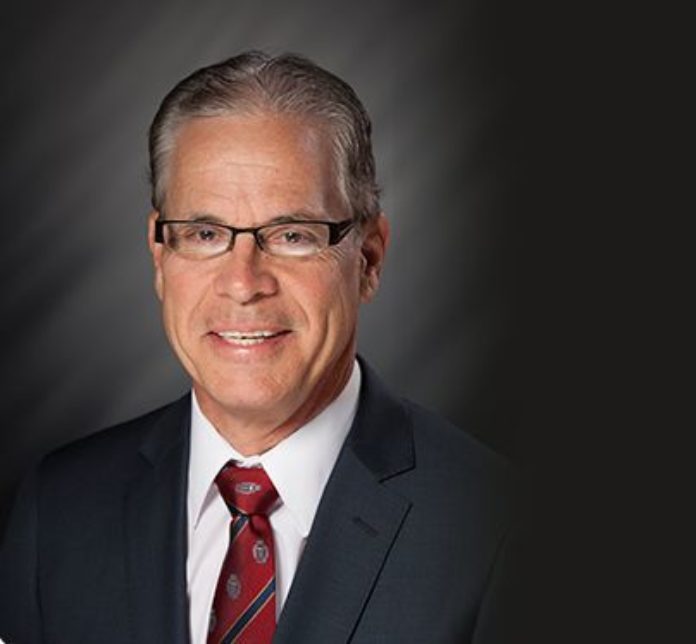WASHINGTON, D.C. (Network Indiana) — In a show of bipartisanship, President Biden has thrown his support behind an infrastructure framework that many are optimistic will get enough support to pass in the U.S. Senate.
The president met with a contingent of Democrat and Republican lawmakers who are part of a bipartisan group that put together the bill.
“Five Democrats and five Republicans, part of a larger group, have come together to forge an agreement that will create millions of American jobs,” he said in remarks delivered after meeting with the 10 lawmakers on Thursday.
The bill outlines investments in traditional infrastructure which is something that both sides of the aisle have agreed needs to happen.
“It means repairing our roads and bridges and delivering high-speed Internet to every American home,” Biden added. “It’s going to replace 100-percent of America’s lead water pipes.”
President Biden also said the deal does not raise taxes on Americans making less than $400,000 and that he’s glad he did not follow the advice of some Democrats who urged him to “go big and go it alone.”
Some Democrats have been adamant that Congress push through Biden’s original four trillion-dollar infrastructure proposal without Republican support.
Sen. Mike Braun (R-IN) is not among the bipartisan group of lawmakers but told MSNBC on Thursday that he is encouraged by the deal.
“I’m glad we are where we are,” Braun said. “If the pay-for’s are defined and not iffy like they normally are where you are doing something that has to be on the come and it’s not tangible, I think it has a shot of making it through.”
The pay-for’s Braun refers to are still up in the air. The bill still has no clearly defined parameters on how to pay for it. Senate Republicans had proposed adjusting the gas tax to meet inflation, adding extra fees to the sale of electric cars, and redirecting leftover COVID relief money towards funding the bill.
The White House has drawn a hard line against touching the gas tax and the extra fees on electric cars.
The concern main concern for Braun is that this bill may be part one of two bills, with the other addressing the things that many progressive Democrats want to see in regards to what they call “human infrastructure.”
“You’ll have many on my side of the aisle that may not be for the hard infrastructure part of it if they think it’s just a gimmick then to get in two steps what we probably would have been against had it been in its entirety,” said Braun. “But, I’m going to give it the benefit of the doubt. I’m a fiscal hawk.”
There’s no timeline on when the bill could be completely figured out and brought to the floor for a vote.





